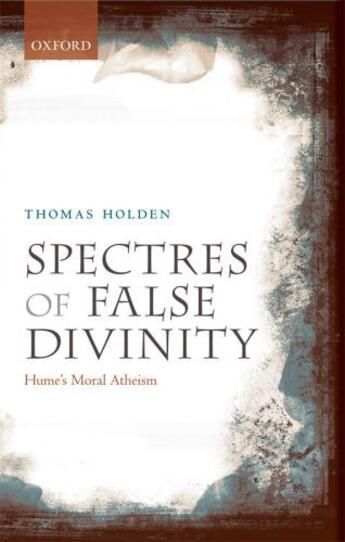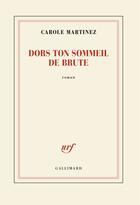-
Nombre de pages : (-)
-
Collection :
(-)
-
Genre :
(-)
-
Thème :
Non attribué
-
Prix littéraire(s) :
(-)
Résumé:
Spectres of False Divinity presents a historical and critical interpretation of Hume's rejection of the existence of a deity with moral attributes. In Hume's view, no first cause or designer responsible for the ordered universe could possibly have moral attributes; nor could the existence (or... Voir plus
Spectres of False Divinity presents a historical and critical interpretation of Hume's rejection of the existence of a deity with moral attributes. In Hume's view, no first cause or designer responsible for the ordered universe could possibly have moral attributes; nor could the existence (or non-existence) of such a being have any real implications for human practice or conduct. Hume's case for this 'moral atheism' is a central plank of both his naturalistic agenda in metaphysics and his secularizing program in moral theory. It complements his wider critique of traditional theism, and threatens to rule out any religion that would make claims on moral practice.
Thomas Holden situates Hume's commitment to moral atheism in its historical and philosophical context, offers a systematic interpretation of his case for divine amorality, and shows how Hume can endorse moral atheism while maintaining his skeptical attitude toward traditional forms of cosmological and theological speculation.
Donner votre avis














